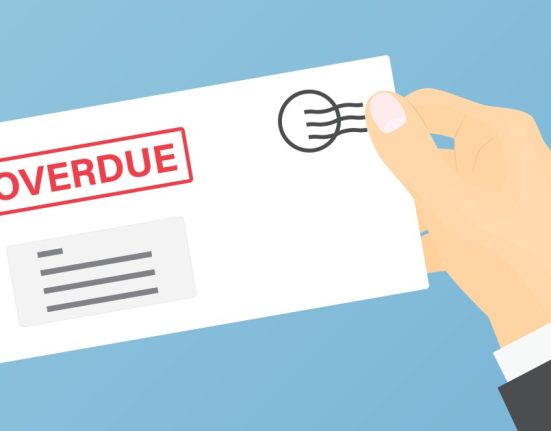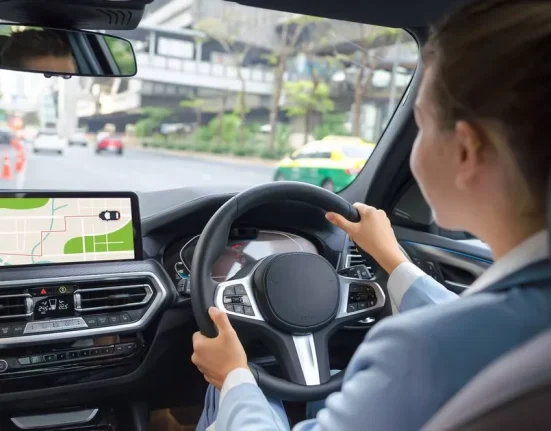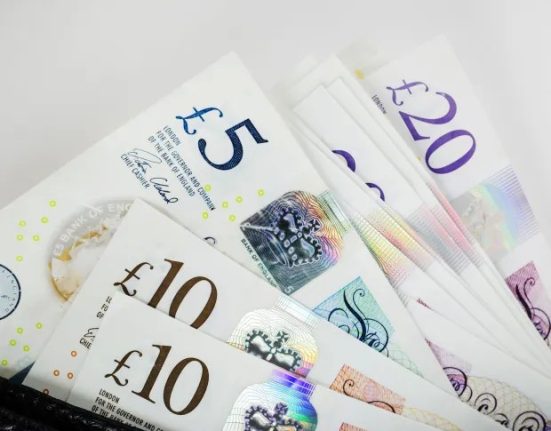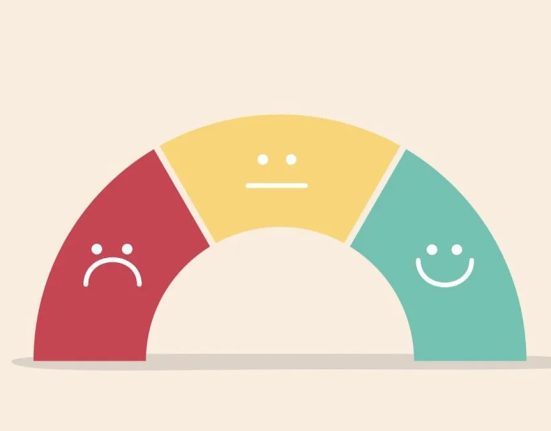Mobile banking applications have changed the way people manage their accounts: credit cards, particularly in the time where smartphones govern everything. With a few touches, cardholders enjoy total control over their credit card payments, use, security settings, and much more. The thorough and comprehensive understanding of using mobile applications on how to manage credit cards is provided here.
Steps to follow to manage credit card via mobile apps
1. Install the official mobile banking application
Start by searching for and downloading the official mobile banking application from your bank or other financial institution. You can get this from the Apple App Store for iOS users and alternatively the Google Play Store for Android users. Always ensure that the application has been authenticated and released by the official banking institution so that security issues associated with fake or unofficial apps are lessened.
2. Log in to your account
After installing the app, you must log in with your existing credentials or register as a new user.
By default, new users have to do the following on most apps:
- Your registered mobile number.
- Credit card number or Customer ID.
- A one-time password (OTP) in your mobile device for validation.
You will then be prompted to create an MPIN, password, or biometric login for easy access in future.
3. Navigate to credit card dashboard
Log in successfully, find the relevant credit card area on the app’s dashboard. This should give a full understanding of the related data for your card, for example:
- Unpaid balance.
- The credit limit that is available.
- The bare minimum owed.
- Due date for payment.
- Current and upcoming offers.
All these must constantly be monitored to ensure responsible usage of cards and avoidance of interest or late fees.
4. Make credit card bill payments
One of the best ways to keep your credit score in good standing and keep high-interest debt in check is repaying credit card bills on time. Most smartphone applications allow you to:
- Pay the complete amount due, part payment, or any amount in between.
- Never miss a deadline again, by enabling auto payment.
- Set payment alerts and reminders.
5. Monitor expenditure & transactions
With these, users have a total record of their” credit card transactions through mobile apps. Most are automatically categorised into:
- Eating
- Travelling
- Food and Supplies
- Fuel
- Internet purchasing
The “transaction history” and “spend summary” features will enable you to:
- Actually track spending in real-time.
- Catch unauthorised or fraudulent charges fast.
- Follow spending trends to make sure you can tighten your budget.
That always gives transparency, encourages personal finance responsibility, and helps one avoid impulsive/unnecessary shopping.
6. Redeem reward points & explore offers
Most credit cards today have the advantage of earning cashback or reward points for eligible transactions. Mobile applications have made it easier for:
In conclusion, the mobile app has one-way insight into credit cards comprises more than just convenience; it promotes security and financial discipline. With real-time monitoring, quick payments, and enhanced control options, the service avails users up-to-date information that helps them action decisions promptly, avert undeserved penalties, and reap maximum benefits from their cards.
Disclaimer: Mint has a tie-up with fin-techs for providing credit, you will need to share your information if you apply. These tie-ups do not influence our editorial content. This article only intends to educate and spread awareness about credit needs like loans, credit cards and credit score. Mint does not promote or encourage taking credit as it comes with a set of risks such as high interest rates, hidden charges, etc. We advise investors to discuss with certified experts before taking any credit.







